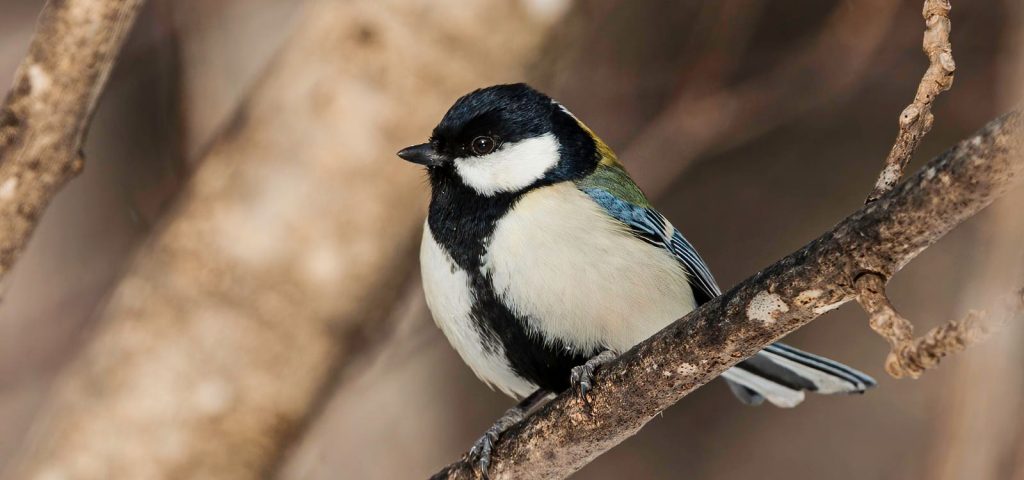The Japanese culture is known for its emphasis on courtesy and respect, which is reflected in the language and gestures used by its people. One example of this is “teineigo,” a form of the Japanese language that is specifically designed to convey respect to those of a higher social status. Similarly, the Japanese tit, a small bird native to Japan, has been observed using wing gestures as a polite signal to its mate, effectively communicating a sentiment of “after you.” This showcases a level of communication in avian species that was previously unrecognized.
While humans are known for their ability to convey complex ideas and emotions through gestures, we are not the only species capable of using non-verbal signals. In the animal kingdom, several species, including chimpanzees, bonobos, ravens, and some fish, have been observed using gestures to communicate. These gestures can vary significantly from human gestures and are often more basic in nature. However, the Japanese tit’s fluttering gesture represents a more sophisticated form of communication known as “symbolic gesturing,” which requires a certain level of cognitive ability and visual communication to be understood.
The behavior of the Japanese tit was studied by recording and analyzing over 320 instances of feeding visits among mating pairs of birds. The focus was on the interaction between mates during the feeding of their young in nest boxes. The gesture of wing fluttering was observed before one bird would enter the nest to feed the nestlings, effectively signaling to their mate that it was their turn. This behavior was seen as a polite way of queuing for feeding and was always directed towards the mate, not the nest, indicating its symbolic nature.
The gesture of the Japanese tit nudges researchers to reconsider how we perceive animal intelligence. Just like humans use gestures to communicate without words, the Japanese tit’s behavior shows a level of politeness and respect that is reminiscent of human interactions. This finding suggests that the animal world is full of complex interactions and communication methods that we are only beginning to understand. By observing these parallels between animal and human behavior, we can appreciate the interconnectedness of all living beings, whether they be feathered, furred, scaled, or fingered.















